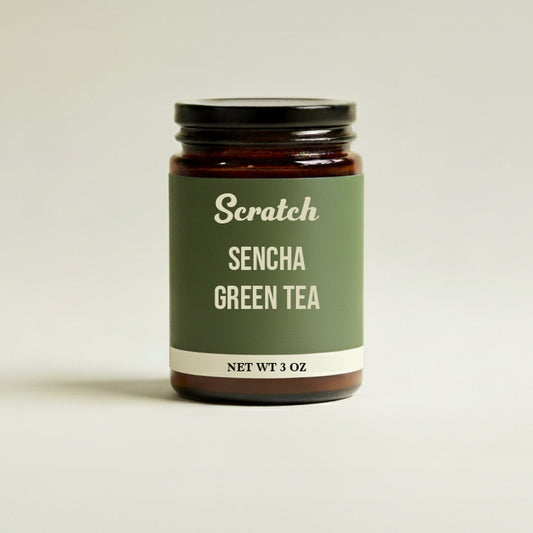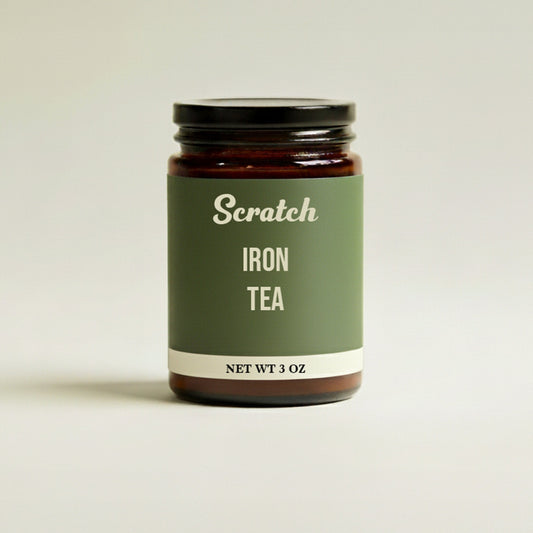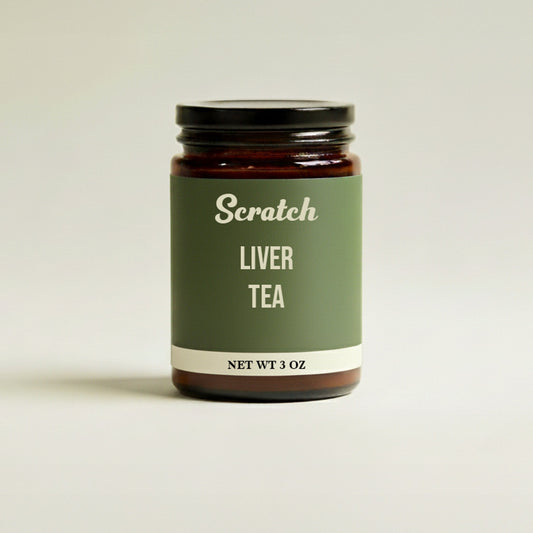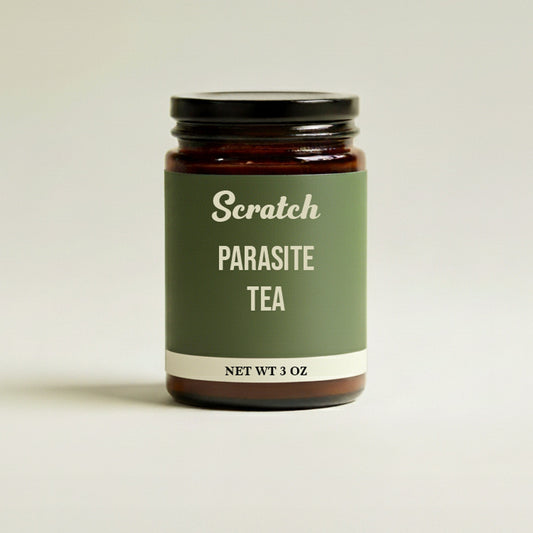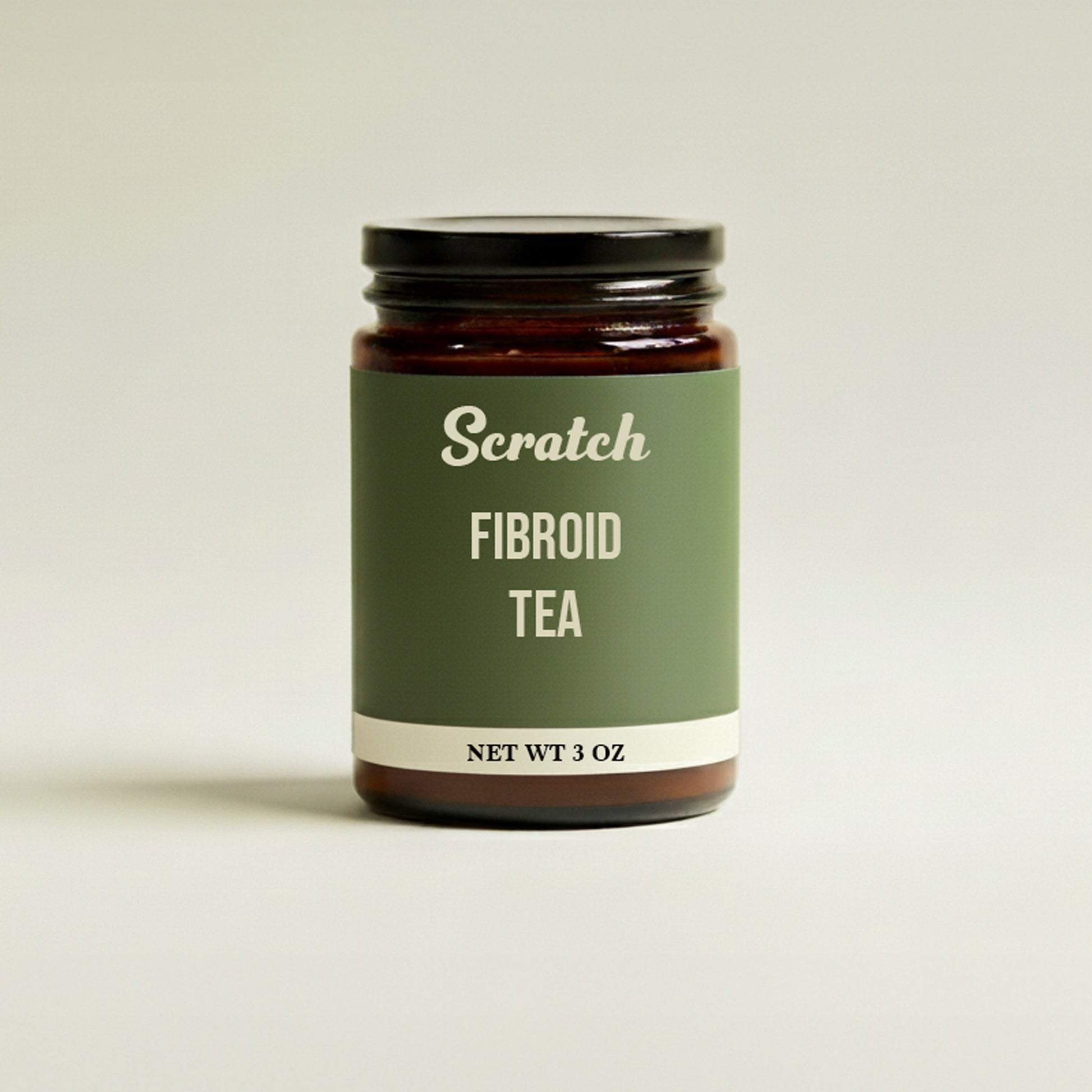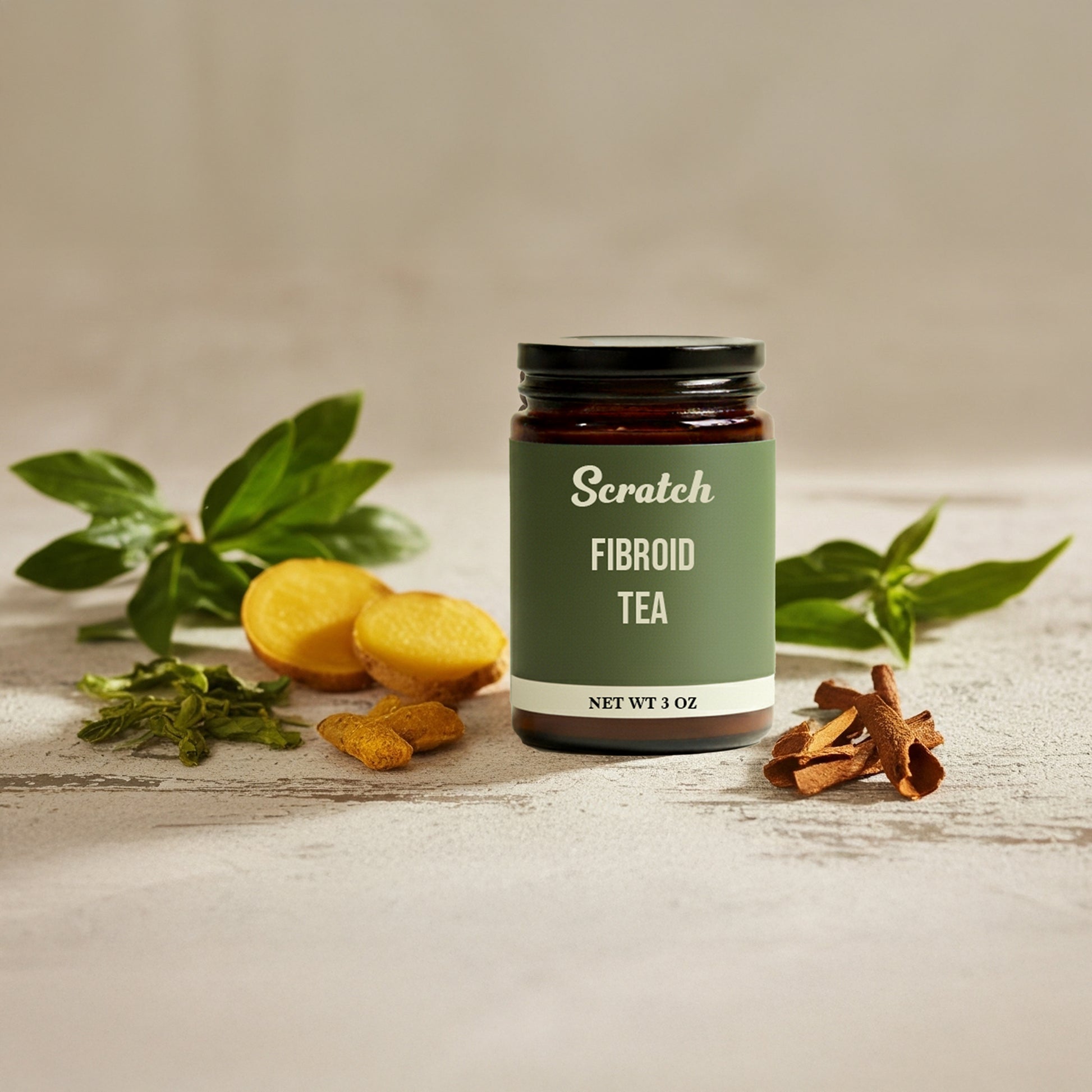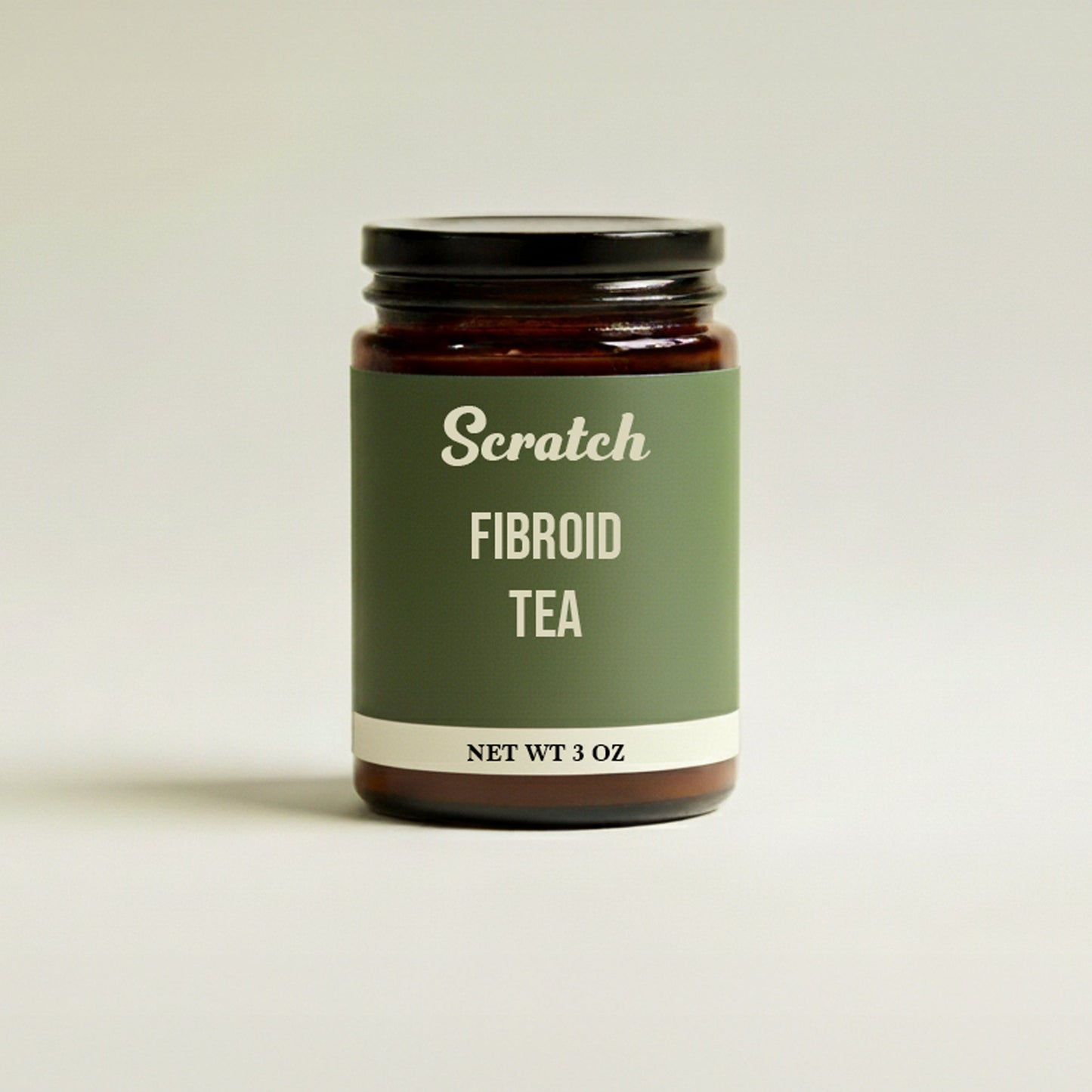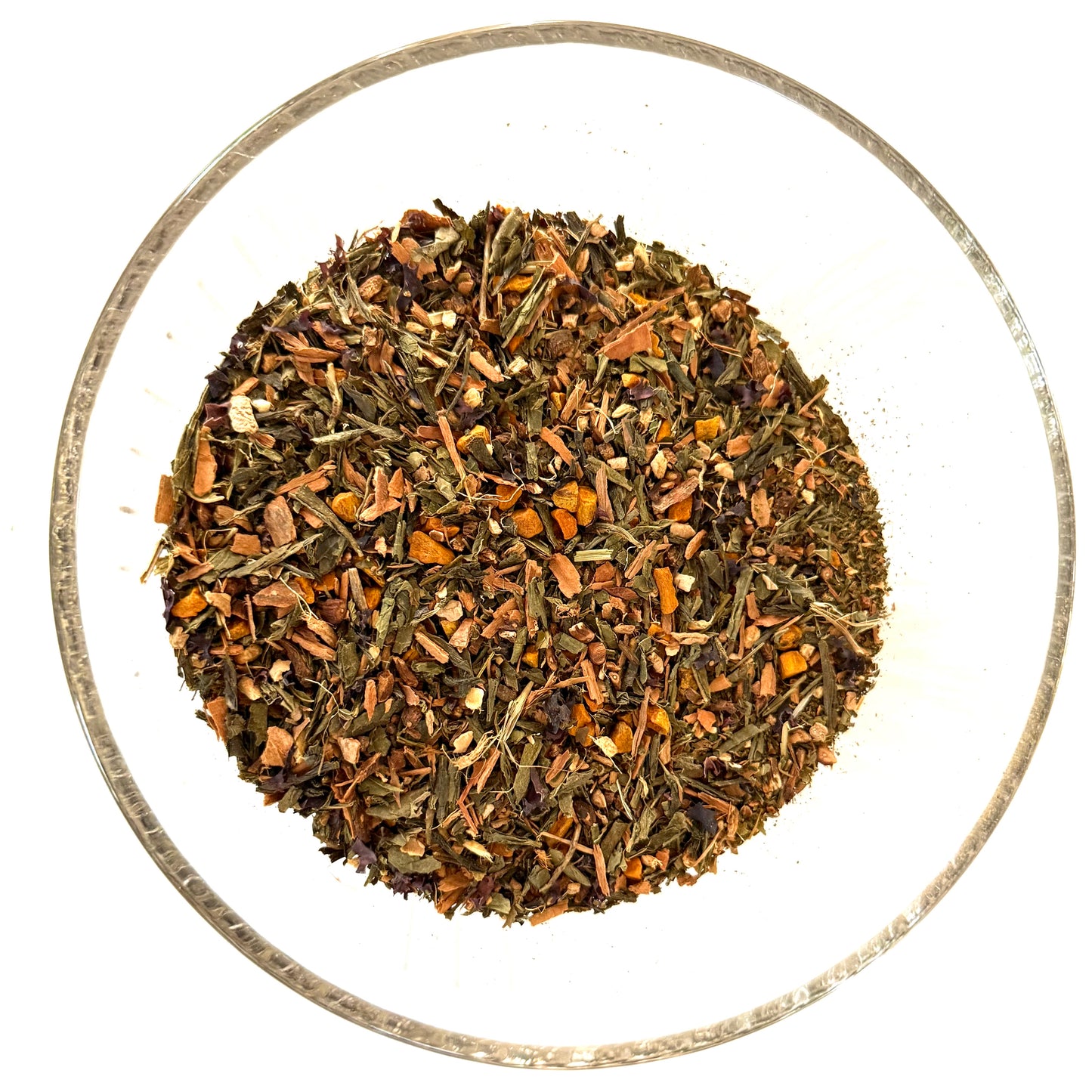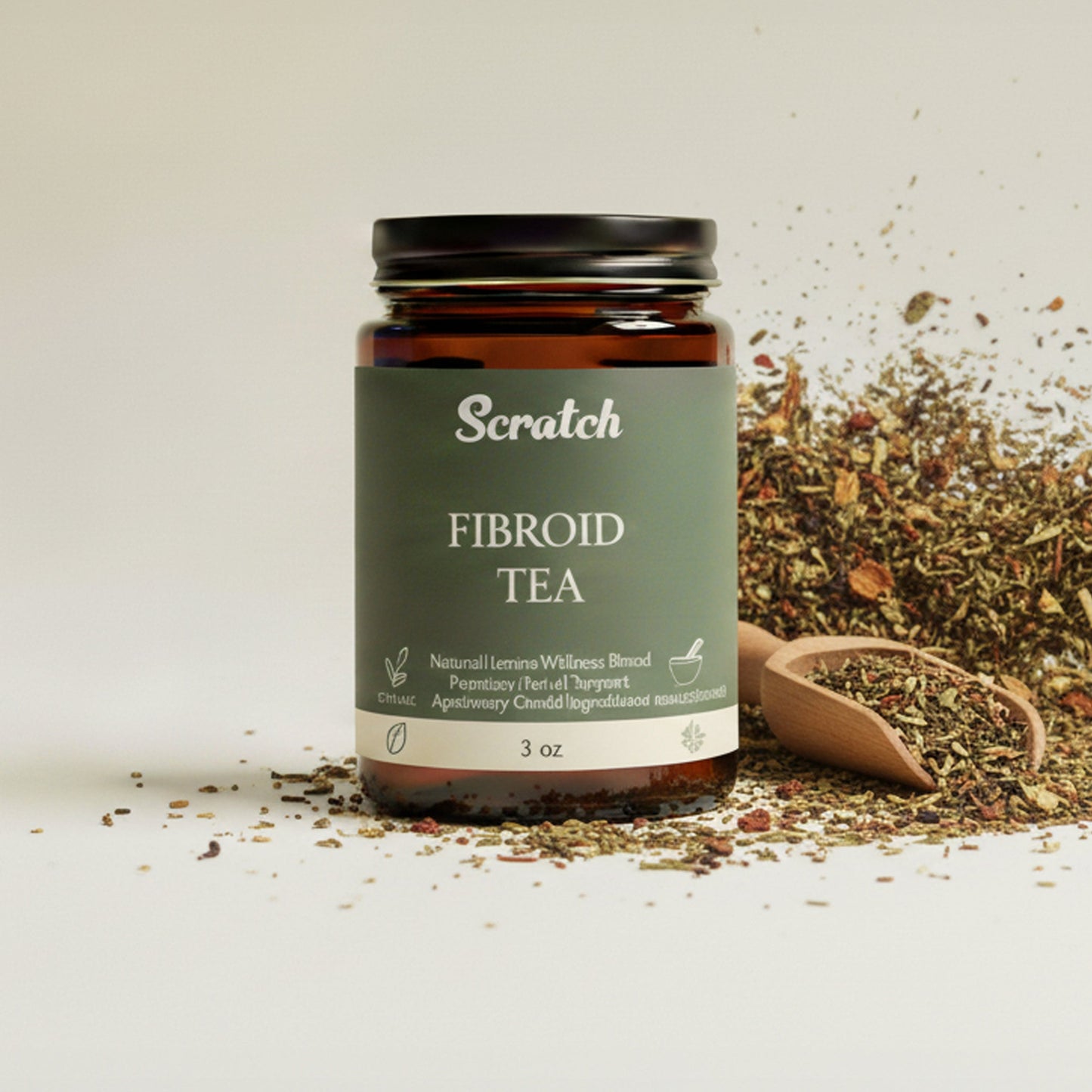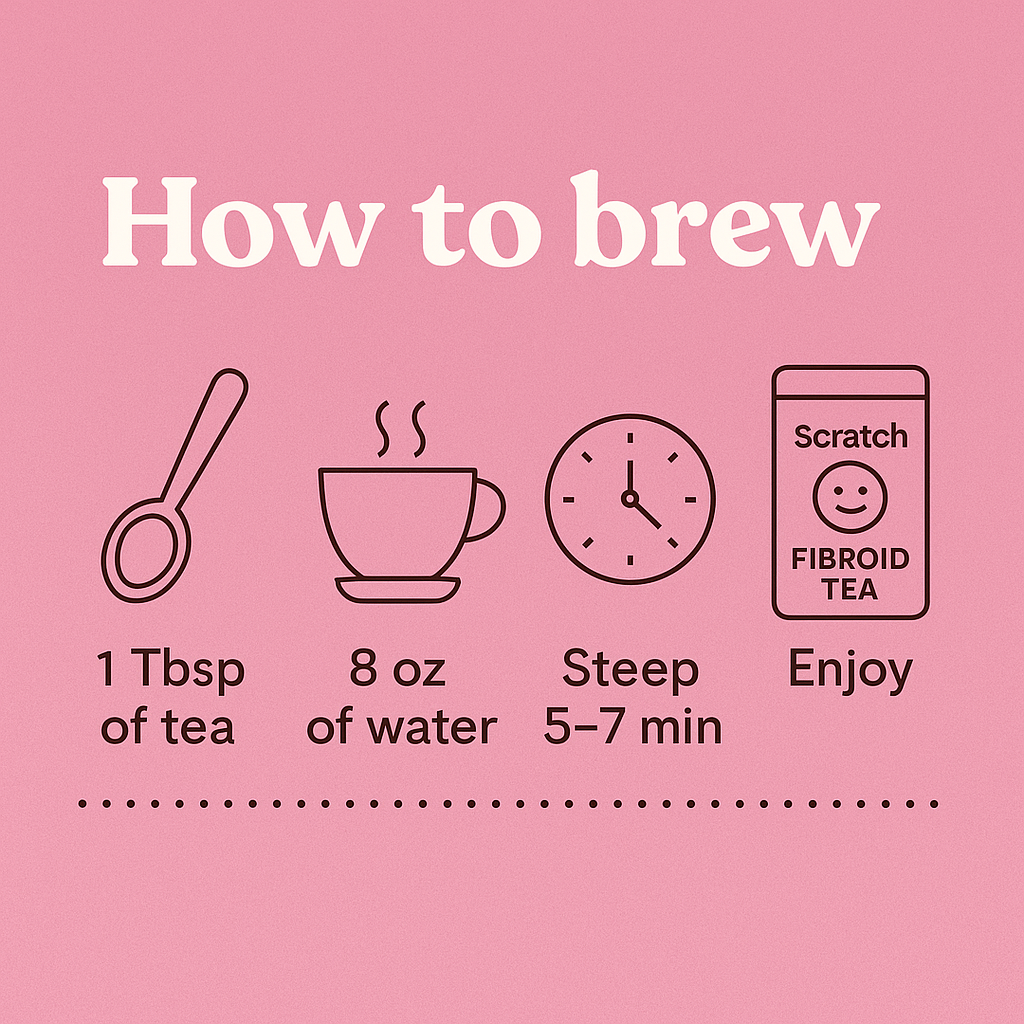Orilissa Reddit and Fibroids: What to Know
If you’ve been scrolling Reddit threads about fibroids, you’ve likely seen posts about Orilissa (elagolix) — from symptom relief to tough side effects. As a reporter and medical writer who follows FDA and NIH guidance, here’s a balanced, evidence-based guide to what Orilissa is, how it relates to uterine fibroids, what people report online, and what clinicians and regulators say you should consider.
Quick takeaways
- Orilissa (elagolix) is FDA-approved for moderate to severe endometriosis pain — not for fibroids.
- For fibroid-related heavy menstrual bleeding, the FDA-approved elagolix option is Oriahnn (elagolix + estradiol + norethindrone acetate). Myfembree (relugolix + estradiol + norethindrone) is another approved oral option.
- Reddit experiences can be helpful but are anecdotal and may not reflect average outcomes or risks; always cross-check with a clinician.
- These medicines can reduce estrogen levels and carry important risks, including bone mineral density loss and mood changes; duration is limited.
What Orilissa is (and isn’t) approved for
Orilissa is an oral gonadotropin-releasing hormone (GnRH) antagonist. By suppressing ovarian hormone production, it reduces endometriosis-related pain. The FDA label limits use to:
- 150 mg once daily for up to 24 months; or
- 200 mg twice daily for up to 6 months
Why the time limits? Because elagolix lowers estrogen, which can reduce bone mineral density (BMD). The FDA notes this bone loss may not be fully reversible for some people. Orilissa is not FDA-approved to treat uterine fibroids.
So why is Orilissa in fibroid Reddit threads?
Two reasons:
- Symptom overlap: Endometriosis and fibroids can both cause pelvic pain and heavy or irregular bleeding, so patients often encounter overlapping treatments in discussions.
- Related FDA-approved option for fibroids: Oriahnn, which includes the same active GnRH antagonist (elagolix) but adds “add-back” hormones (estradiol and norethindrone) to mitigate bone loss and vasomotor symptoms, is FDA-approved to reduce heavy menstrual bleeding in premenopausal people with uterine fibroids. Large clinical trials published in the New England Journal of Medicine showed elagolix with add-back therapy significantly reduced bleeding in many patients with fibroids.
Some clinicians may discuss elagolix off-label in specific situations, but insurers often require on-label therapies first. If you’re seeing mixed messages on Reddit, know that Orilissa alone is off-label for fibroids, while Oriahnn is the FDA-approved elagolix-based therapy for fibroid-related heavy bleeding.
Orilissa vs. Oriahnn vs. Myfembree: Key differences
- Orilissa (elagolix alone): Approved for endometriosis pain. Not approved for fibroids. Estrogen suppression without add-back increases risk of BMD loss; time-limited dosing.
- Oriahnn (elagolix + estradiol + norethindrone): FDA-approved to manage heavy menstrual bleeding due to uterine fibroids. The added low-dose hormones help balance efficacy with bone and vasomotor side effects, but introduce estrogen/progestin-related risks (e.g., thromboembolism risk).
- Myfembree (relugolix + estradiol + norethindrone): Another oral GnRH antagonist combination approved for heavy menstrual bleeding from fibroids (and separately for endometriosis pain). Similar risk/benefit considerations to Oriahnn.
What people report on Reddit: Helpful context and caveats
Anecdotes on Reddit often fall into a few buckets:
- Bleeding reduction: Many report lighter periods (more often with Oriahnn/Myfembree) and improved anemia-related fatigue.
- Pain changes: Some notice improved pelvic pain; others see partial or no change, especially if pain has multiple causes (fibroids, endometriosis, adenomyosis).
- Side effects: Hot flashes, night sweats, headache, mood changes, insomnia, vaginal dryness, and decreased libido are commonly mentioned. A subset report anxiety or depression symptoms.
- Bone health worries: Users frequently discuss DEXA scans and concern about irreversible bone loss, echoing FDA label warnings, especially with elagolix alone (Orilissa).
- Symptom rebound: Some report bleeding or pain returning after stopping therapy, which is consistent with how GnRH antagonists work.
Remember: posts are anecdotal, often from people struggling with difficult symptoms. They may overrepresent side effects or, conversely, positive experiences. Use them to generate questions for your clinician, not as a substitute for medical advice.
Safety essentials clinicians and the FDA emphasize
- Pregnancy and contraception: These drugs are not birth control. Ovulation may still occur. Use effective non-hormonal contraception during treatment and for a short period after the last dose (check the specific label; clinicians commonly advise at least one week). If you become pregnant, stop the medication and contact your clinician.
- Bone mineral density (BMD): Elagolix causes dose- and duration-dependent BMD loss, which may not fully reverse. Orilissa is contraindicated in known osteoporosis. Oriahnn/Myfembree include add-back hormones but still carry BMD warnings and duration limits (often up to 24 months).
- Mood and suicidality: Depression, mood changes, and rare suicidal ideation have been reported. Tell your clinician promptly if you have new or worsening mood symptoms; those with a history of depression should be monitored.
- Liver health: Elevated liver enzymes can occur. Seek care for symptoms like jaundice, dark urine, or persistent nausea. Your clinician may monitor labs.
- Blood clots (for combinations with estrogen/progestin): Oriahnn and Myfembree carry estrogen/progestin-related risks, including thromboembolic events. They may be inappropriate for people with certain risk factors (e.g., history of clots, some migraines, certain cardiovascular risks, or smoking over age 35). Review your full history with your clinician.
- Drug interactions: These medicines can interact with other drugs (including some hormonal contraceptives and certain statins). Bring a complete medication list to your appointment.
Who might consider a GnRH antagonist for fibroids?
For fibroid-related heavy bleeding, oral GnRH antagonist combinations (Oriahnn or Myfembree) can be an option if you:
- Need to rapidly reduce bleeding or improve anemia
- Are trying to avoid or delay surgery
- Want a time-limited, reversible option while planning pregnancy or surgery
They are not cures; fibroids remain present. Symptoms often return after stopping. Discuss individualized risks, monitoring (including whether you need baseline or follow-up bone density testing), and cost/insurance coverage. Off-label use of Orilissa alone for fibroids may not be covered and generally isn’t preferred over approved options.
Alternatives for fibroid symptoms
- Non-hormonal: Tranexamic acid for heavy bleeding; NSAIDs for pain.
- Hormonal: Levonorgestrel IUD; combined oral contraceptives; progestin-only therapies.
- Procedures/surgery: Uterine artery embolization, radiofrequency ablation, myomectomy, or hysterectomy (depending on goals, fibroid size/location, and fertility plans).
Smart questions to take to your clinician
- Is my bleeding/pain primarily from fibroids, endometriosis, or both?
- Am I a candidate for Oriahnn or Myfembree? What monitoring will I need?
- How long can I safely use this therapy, and what happens if symptoms return?
- What are my non-surgical and surgical alternatives, and how do they affect fertility?
- What will insurance cover, and are there patient assistance programs?
Bottom line: Orilissa is widely discussed online, but it’s not FDA-approved for fibroids. If heavy bleeding from fibroids is your main issue, ask your clinician about approved options like Oriahnn or Myfembree, weigh benefits and risks carefully, and use Reddit to inform — not direct — your care decisions.
Sources and further reading
- FDA. Orilissa (elagolix) Prescribing Information: accessdata.fda.gov
- FDA. Approval of Oriahnn for heavy menstrual bleeding due to uterine fibroids: fda.gov
- ACOG. Uterine Fibroids FAQ: acog.org
- NIH Office on Women’s Health. Uterine Fibroids: womenshealth.gov
- Al-Hendy A, et al. Elagolix for Heavy Menstrual Bleeding in Women with Uterine Fibroids. N Engl J Med. 2020;382:328–340. nejm.org
- FDA. Myfembree approval for fibroid-related heavy menstrual bleeding: fda.gov
This article is for informational purposes and does not substitute for professional medical advice. Always speak with a qualified clinician about your specific situation.



